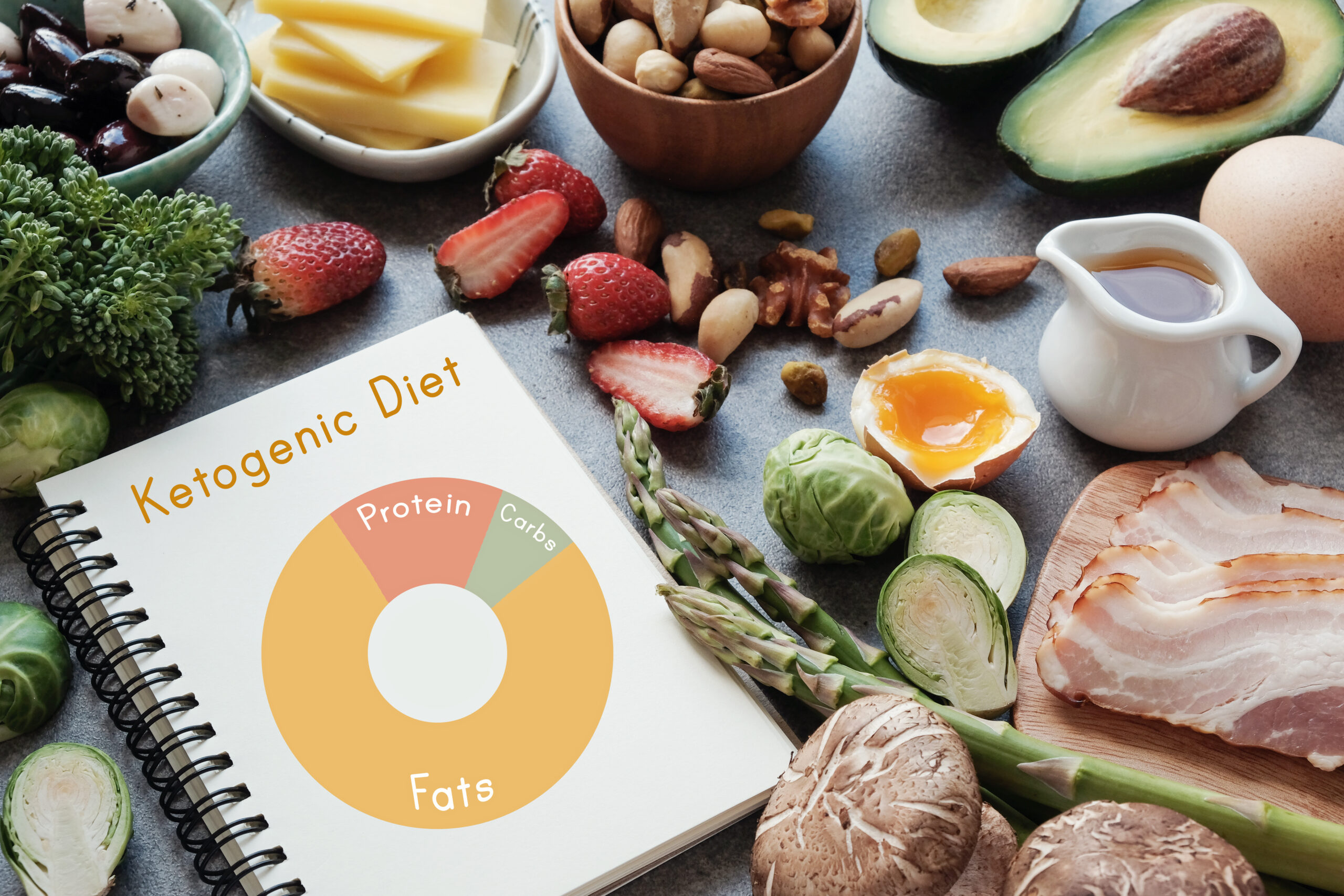The role of nutrition in managing inflammation linked to dementia
Inflammation in the brain is a key factor linked to dementia, including Alzheimer’s disease. Managing this inflammation through nutrition is becoming an important focus for maintaining brain health and slowing cognitive decline.
Certain foods have natural anti-inflammatory properties that help protect brain cells and reduce harmful oxidative stress. For example, leafy green vegetables like spinach and kale are rich in antioxidants and nutrients that support neuronal growth and vascular health. Eating these greens regularly can help keep inflammation at bay.
Berries such as blueberries, strawberries, and raspberries are also powerful allies because they contain compounds that reduce brain inflammation. Including berries at least twice a week can contribute to better cognitive function over time.
Nuts, whole grains, olive oil, beans, and legumes provide fiber and healthy fats which nourish the gut microbiome—a community of microbes that influence systemic inflammation throughout the body including the brain. A diverse diet rich in plant-based foods feeds these beneficial microbes, promoting resilience against inflammatory damage.
Vitamins play a crucial role too. Magnesium helps regulate both inflammation and oxidative stress; it’s found in leafy greens, nuts, seeds, whole grains, legumes, even dark chocolate. Vitamin E acts as an antioxidant protecting brain cells from age-related damage; sources include almonds, sunflower seeds, spinach,and olive oil. Vitamin A supports immune function while helping maintain the blood-brain barrier—the gatekeeper preventing harmful substances from entering the brain—and may prevent amyloid plaque buildup associated with Alzheimer’s disease.
Diets designed specifically for cognitive health combine these elements effectively. The MIND diet merges Mediterranean-style eating with DASH principles emphasizing plant-based foods high in antioxidants while limiting saturated fats known to promote harmful protein plaques in the brain linked to dementia development.
Adopting such dietary patterns—even later in life—has been shown to lower dementia risk by about 25%. This shows how nutrition isn’t just about physical health but plays a vital role in managing chronic inflammation tied directly to neurodegenerative diseases.
In essence: choosing nutrient-dense vegetables daily; enjoying berries regularly; incorporating nuts and whole grains; using healthy oils like olive oil; plus ensuring adequate intake of vitamins A,E,and magnesium creates a powerful defense against inflammatory processes driving cognitive decline linked with dementia.





